Individuals & Events
Of course, individuals and events permeate history. However, the Key Stage 1 units of study particularly require the study of significant individuals and events. What makes an individual significant? What might be considered a significant event? The emphasis is upon a comparison of individuals and events that can be used to make links across time, themes and geographical space. In this section you will find resources and articles to help you to plan innovative units of work based around individuals and events that can either be used to reveal a local, national and international picture, or that can be used to illustrate themes over time or geographical space.
Sort by:
Date (Newest first) | Title A-Z
Show:
All |
Articles |
Podcasts |
Multipage Articles
-

‘So why did they go into hiding?’ Anne Frank in her historical and social context
ArticleClick to view -

What can you tell about the Maya from a Spanish soldier?
ArticleClick to view -

Ideas for Assemblies: Linking historical events with geography
ArticleClick to view -

How can we use significant anniversaries in our teaching?
ArticleClick to view -

‘It’s a great big ship!’: Teaching the Titanic at Key Stage 1
ArticleClick to view -

M&S brings over 130 years of archives into your classroom
ArticleClick to view -
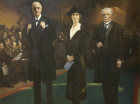
Ideas for Assemblies: Women in parliament
ArticleClick to view -

Ideas for Assemblies: Refugee stories
ArticleClick to view -
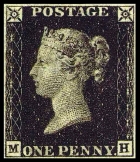
Overground, underground and across the sea
ArticleClick to view -
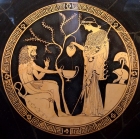
Did all Ancient Greek women stay at home and weave?
ArticleClick to view -
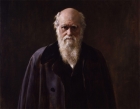
Significant Individuals: Charles Darwin
ArticleClick to view -
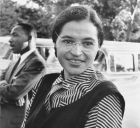
Why is diversity so important and how can we approach it?
ArticleClick to view -

Scheme of Work: Walter Tull
ArticleClick to view -
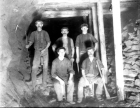
Local history and a sense of identity
ArticleClick to view -
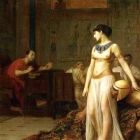
What made Cleopatra so special?
ArticleClick to view -

Using shoes as an historical source
ArticleClick to view -

Beyond compare a study of Beatrix Potter and Benjamin Zephaniah
ArticleClick to view -

Sarah Forbes Bonetta: Scheme of Work
ArticleClick to view -
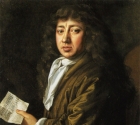
KS1: Teaching about significant individuals
ArticleClick to view -

Ideas for Assemblies - Remembrance
ArticleClick to view

